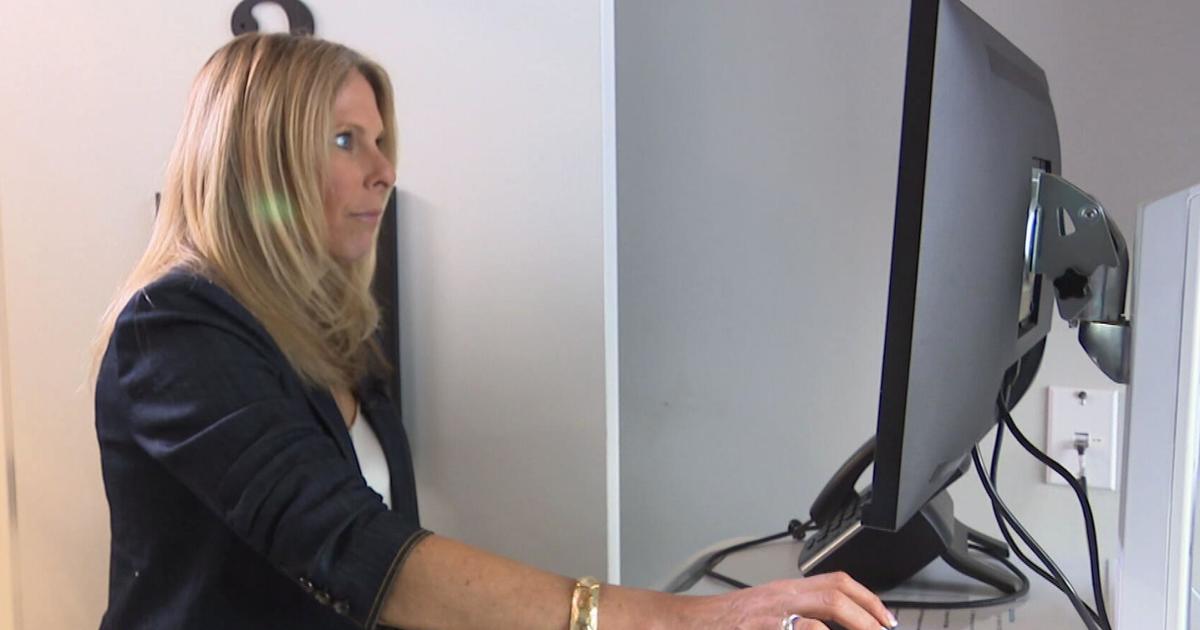Where They Stand: Opioid Crisis
BOSTON (CBS) – In 2019 there were 2,023 confirmed and estimated opioid-related overdose deaths in Massachusetts alone, according to the state's Department of Public Health. The epidemic of opioid use in the country remains a top priority for many Americans, and many of the 2020 candidates for President.
Joseph Biden, Jr. (D)
Former Vice President
• Health care plan will boost access to drug addiction treatment
• Criminal justice plan expands treatment for addicts who are incarcerated
Michael Bloomberg (D)
Former Mayor of New York City
• Provide medications to treat opioid use and medications when people enter hospitals and the criminal justice system
• Enforce federal laws which mandate insurance companies cover mental health and substance use treatment
• Collect better data on the epidemic so we can understand how to fight it
Pete Buttigieg (D)
Mayor of South Bend, Indiana
• $300 Billion initiative on opioids announced in August
• Requires insurance plans to fully cover medication-assisted treatment and enables more health care workers to prescribe it
• Addresses the issue as a medical issue, rather than a moral problem
• Doesn't want to prevent prescribers from using prescription drugs as needed
Lincoln Chafee (L)
Former Governor of Rhode Island
• Has not outlined a plan yet on the opioid epidemic
Tulsi Gabbard (D)
Congresswoman from Hawaii
• Introduced Opioid Crisis Accountability Act of 2019
• Bill would prohibit illegal marketing and distribution of opioids as well as create criminal liability for top company executives
• Penalizes drug manufacturers who illegally advertise, market, or distribute opioid product
• Requires drug makers to reimburse country for negative economic impact of their product
• Pays less attention to treatment and prevention. More concerned with holding companies accountable.
Amy Klobuchar (D)
Minnesota Senator
• Proposed $100 billion plan over 10 years to combat addiction. Focuses broadly on other forms of addiction, as well as mental health.
• Cost covered by 2 cent tax on each milligram of active opioid ingredient in a prescription, paid for by drug manufacturers or importers
• Plan would also increase funding for addiction and mental health programs, with a focus on adding hospital beds and community clinics - particularly in rural areas - for those who need treatment
• Believes steps are recovery and treatment, but then wants to go after big pharma companies, track prescriptions, and prevent illegal substances such as fentanyl
• Would discourage the use of jail or prison over treatment for people who use drugs
Bernie Sanders (D)
Vermont Senator
• Co-sponsored Elizabeth Warren's bill for $100 billion over 10 years
• Argues that Medicaid for all will lead to treatment for all
• Claims he will penalize drug manufacturers who do not comply with the new regulations by eliminating patent exclusivity and require federal funds received by the company to be reimbursed to the government.
• Introduced a bill to hold CEOs criminally liable for false advertising - Supports supervised
• injection sites and needle exchanges as part of his criminal justice plan
Tom Steyer (D)
Investor and activist
• Blames drug companies for the opioid crisis and wants to put executives from those companies in prison
• Criticized a Trump tax cut that Steyer says benefitted drug companies
Donald Trump (R)
President of the United States
• Administration announced $1.8 billion relief effort in beginning of September
• In 2018, unveiled Initiative to Stop Opioid Abuse. Initiative was a $350 million plan for research and treatment
Elizabeth Warren (D)
Massachusetts Senator
• Wants to create a $100 billion federal funding program to help states fight the opioid crisis
• Supports a criminal penalty on pharma execs who have been found to be negligent
Bill Weld (R)
Former Governor of Massachusetts
• Has not made a formal campaign proposal yet on how to tackle the opioid crisis
Andrew Yang (D)
Former Tech Executive
• Wants to boost federal addiction treatment funding by $15 billion a year
• For addicts, Yang plans they be "sent to mandatory treatment centers for three days to convince them to seek long-term treatment."
• Also wants to decriminalize opioids
• Calls for government funding for treatment



